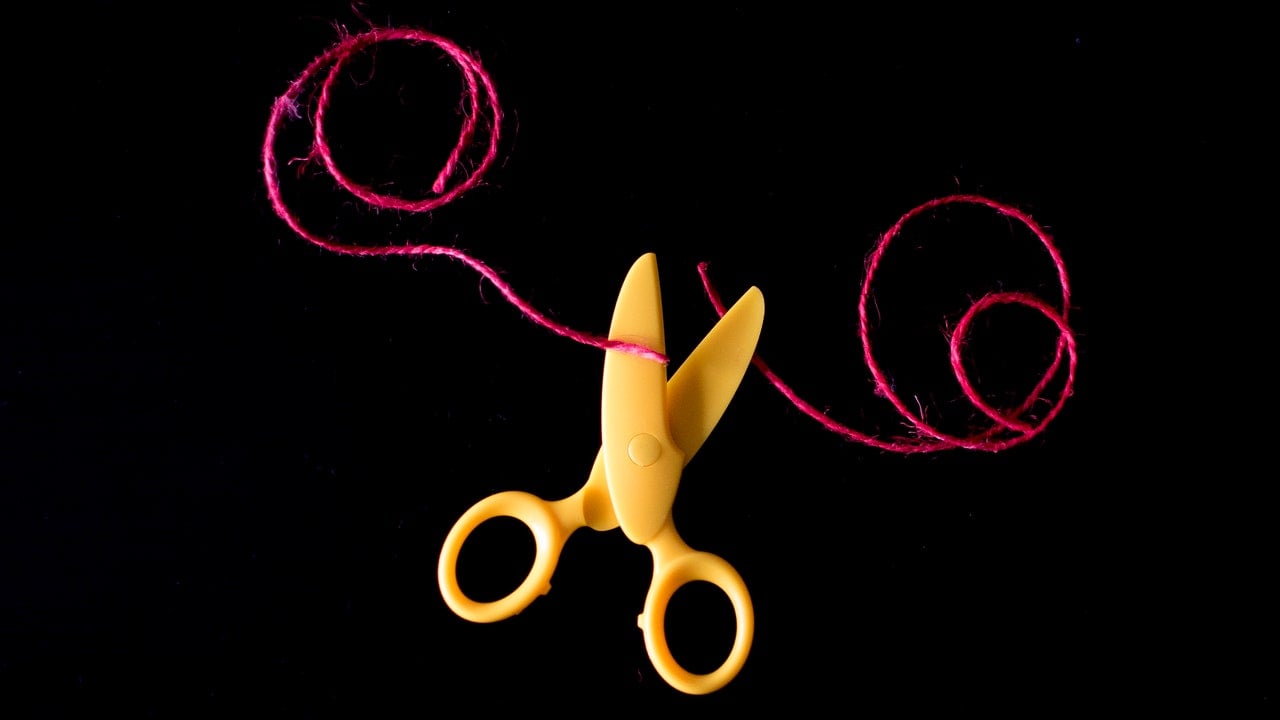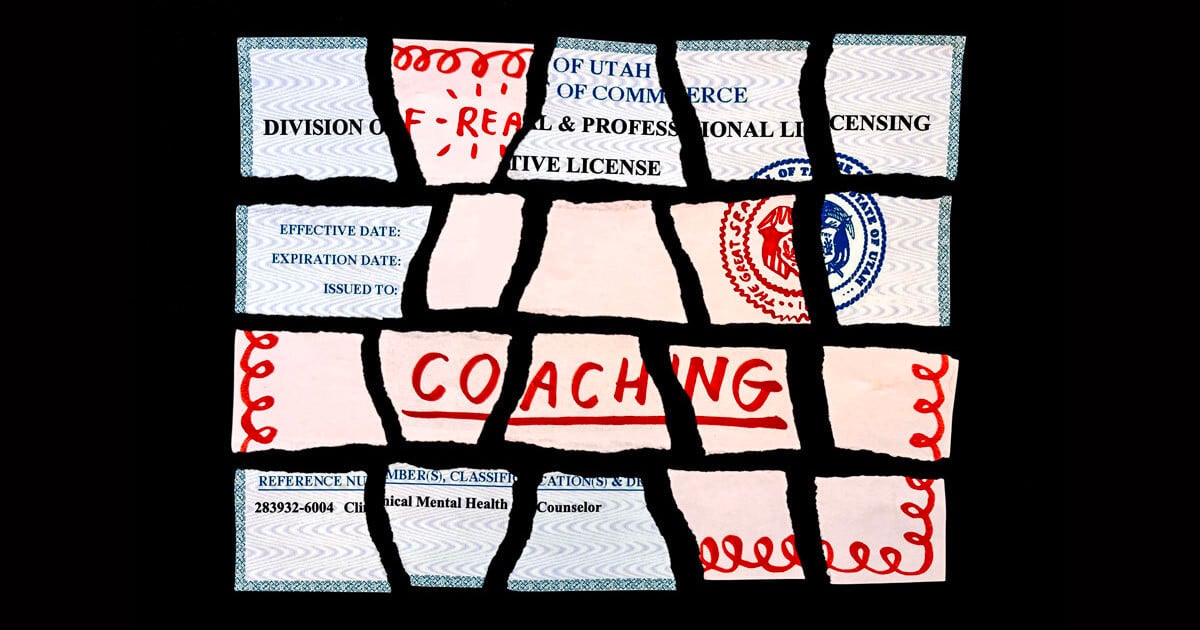The Misconception of Appearance as a Reflection of Character: A Clinical Perspective
In the realm of psychological and therapeutic work, we often encounter deeply ingrained societal beliefs that link outward appearance to moral character or potential harm. This assumption—that how someone presents themselves can somehow be equated with their intentions, capabilities, or threat to others—is a misconception rooted in cultural norms and biases rather than reality. The notion that wearing makeup or dressing in nontraditional ways signifies something morally or ethically negative not only lacks evidence but perpetuates harmful stereotypes.
The Evolution of Gender Norms and Social Conditioning
Historically, societal standards for gender presentation have fluctuated. For example, in the 18th century, it was common for men to wear makeup, powdered wigs, and elaborate clothing. The colour pink, now often considered "feminine," was once associated with masculinity and strength, while blue was considered delicate and appropriate for women. These shifts highlight the arbitrary nature of social norms and the fact that what is deemed "appropriate" is not fixed but culturally and temporally contingent.
When we evaluate individuals based on their adherence to these socially constructed norms, we’re not assessing their character, values, or intentions. Instead, we are reinforcing narrow, historically inconsistent frameworks. In clinical terms, this is a form of cognitive bias—specifically, "the halo effect"—wherein judgments about one aspect of a person (in this case, their appearance) unjustifiably influence our perception of their overall character.
The Psychological Impact of Gender Norms
From a therapeutic perspective, rigid adherence to societal norms around appearance and gender expression can have harmful psychological effects—both for those who feel confined by these expectations and for those who use them as criteria to evaluate others. Individuals who do not conform to traditional gender norms, for instance, may face prejudice, exclusion, or even accusations of potential harm simply because they challenge outdated stereotypes.
This is especially concerning in the context of family dynamics, where support, understanding, and acceptance are critical for healthy relationships. When someone expresses themselves through makeup or nontraditional clothing, this does not signify a departure from their core identity or moral integrity. Rather, it reflects an alignment with their authentic self. Rejecting or distancing oneself from a family member because of their appearance can lead to emotional distress, familial estrangement, and unnecessary conflict. From a therapeutic standpoint, this represents a missed opportunity for empathy and connection, as the focus is mistakenly placed on external factors rather than internal qualities or intentions.
Challenging the Link Between Appearance and Behaviour
One common fear associated with nonconformity in appearance is the idea that it somehow increases the risk of harm—particularly to children or vulnerable individuals. Yet, this fear is unsupported by research. There is no empirical evidence to suggest that wearing makeup, dressing outside of traditional gender norms, or expressing oneself through alternative fashion choices correlates with inappropriate or harmful behavior.
In fact, criminal psychology and research into deviant behavior show that external appearance is not a reliable indicator of potential for harm. Predatory behavior, for example, is more closely linked with factors like manipulation, lack of empathy, and antisocial personality traits—none of which are revealed by clothing or makeup choices. To draw a connection between someone’s outward expression and their likelihood to harm others is not only misguided but potentially damaging to relationships.
Psychological Flexibility and the Importance of Acceptance
From a therapeutic lens, psychological flexibility—the ability to adapt one's thinking and behavior in response to changing circumstances—is a crucial aspect of mental well-being. In this case, accepting a family member’s evolving sense of self-expression, rather than adhering to rigid and potentially harmful gender norms, can lead to healthier, more accepting relationships. Therapy encourages us to recognize the difference between deeply held beliefs and the actual evidence of harm.
Rejecting someone based on appearance alone reduces the opportunity to engage with them on a deeper level, to understand their values, emotions, and aspirations. This kind of rejection may stem from fear—often a fear rooted in cultural conditioning—but when we explore these fears in therapy, we usually find they are unfounded or based on misconceptions.
The Role of Identity and Self-Expression in Mental Health
Self-expression is a fundamental component of personal identity. From a developmental perspective, identity formation is a key psychological task that individuals engage with throughout their lives. The ability to express oneself authentically is critical for mental health, as it fosters self-acceptance, self-esteem, and resilience. Limiting someone’s ability to do so—whether through judgment, exclusion, or fear—can lead to emotional harm, including anxiety, depression, and a diminished sense of self-worth.
Conversely, allowing individuals the space to explore and express their identity—whether through makeup, fashion, or other means—can be an empowering and healing experience. This aligns with therapeutic goals of promoting self-compassion and authentic living, rather than living under the constraints of social conformity.
Conclusion: Breaking Free from Outdated Beliefs
To equate makeup, clothing choices, or nontraditional gender presentation with moral failing or potential harm is to fall into the trap of conflating appearance with behavior. As research and clinical experience have shown, these surface-level attributes do not provide insight into someone’s character or intent. Judgments based on appearance are reflective of social and cultural conditioning, not of empirical truths.
The path forward, both in individual relationships and in broader societal discourse, is one of understanding and flexibility. Rather than clinging to outdated norms, we must embrace a more nuanced and compassionate view of self-expression—one that recognizes the difference between how someone looks and who they truly are.
Why Friendship Breakups Hurt More
Why Friendship Breakups Hurt More
https://www.teenvogue.com/story/friendship-breakups-can-be-just-as-painful-as-romantic-ones-heres-why
"The pain of being ghosted by a friend isn’t just difficult because of the loss it represents but also because it can feel impossible to put words to."

Insecure attachment to fathers linked to increased mental health issues and alcohol use
Insecure attachment to fathers linked to increased mental health issues and alcohol use
https://www.psypost.org/insecure-attachment-to-fathers-linked-to-increased-mental-health-issues-and-alcohol-use/
Adolescents with insecure attachment to their fathers are more likely to develop internalizing and externalizing mental health symptoms, which can lead to increased alcohol use. Attachment to mothers did not show a similar association with these outcomes.

TikToks—even neutral ones—harm women's body image, but diet videos had the worst effect, study finds
TikToks—even neutral ones—harm women's body image, but diet videos had the worst effect, study finds
https://phys.org/news/2024-08-tiktoks-neutral-women-body-image.html
Women who spend a lot of time on TikTok—especially those seeing a lot of pro-anorexia content—feel worse about their appearance, a new study shows. The results suggest that high TikTok exposure could harm mental health, reducing body image satisfaction and increasing the risk for disordered eating behavior.

The psychology of Olympians and how they master their minds to perform.
The psychology of Olympians and how they master their minds to perform
https://theconversation.com/the-psychology-of-olympians-and-how-they-master-their-minds-to-perform-235605
Olympians will also need to think about how they can protect themselves from the post-Olympic blues.

Study: Scientists Find a 48% Decline in Empathy Among American College Students over Four Decades
Just a moment...
https://medium.com/@hrnews1/study-scientists-find-a-48-decline-in-empathy-among-american-college-students-over-four-decades-cb0ff6dc47f4
Grief is not a process with five stages. It is shattered glass
Grief is not a process with five stages. It is shattered glass | Psyche Ideas
https://psyche.co/ideas/grief-is-not-a-process-with-five-stages-it-is-shattered-glass
The five stages describe a grief that’s knowable and controlled. An accident in my kitchen helped me find a truer metaphor

When Therapists Lose Their Licenses, Some Turn to the Unregulated Life Coaching Industry Instead
When Therapists Lose Their Licenses, Some Turn to the Unregulated Life Coaching Industry Instead
https://www.propublica.org/article/utah-therapists-life-coaches-regulation
Despite past misconduct, some former therapists have continued their careers as life coaches. Now, after a high-profile conviction in Utah, legislators are asking whether it’s time for more oversight.

Meet the woman who cannot forget
Life with a highly superior autobiographical memory: Meet the woman who cannot forget
https://www.rnz.co.nz/national/programmes/sunday/audio/2018941885/life-with-a-highly-superior-autobiographical-memory-meet-the-woman-who-cannot-forget
Sharrock can recite the entirety of the Harry Potter books, remember every school lesson she had, and recall what she was doing on any given date.

I've had almost this exact conversation numerous times: an excellent example of why you avoid arguing with delusions in clinical practice.
Patient thinks he is is dead
https://youtube.com/shorts/0gj_2karVZs?si=xf7GbDO7LmJoGey1
Stand-up comedy tickets: https://stevenhocomedy.com/Buy Dr. Socko hospital grip socks: https://drsocko.com/Other links: https://beacons.ai/steveioeFind me on...